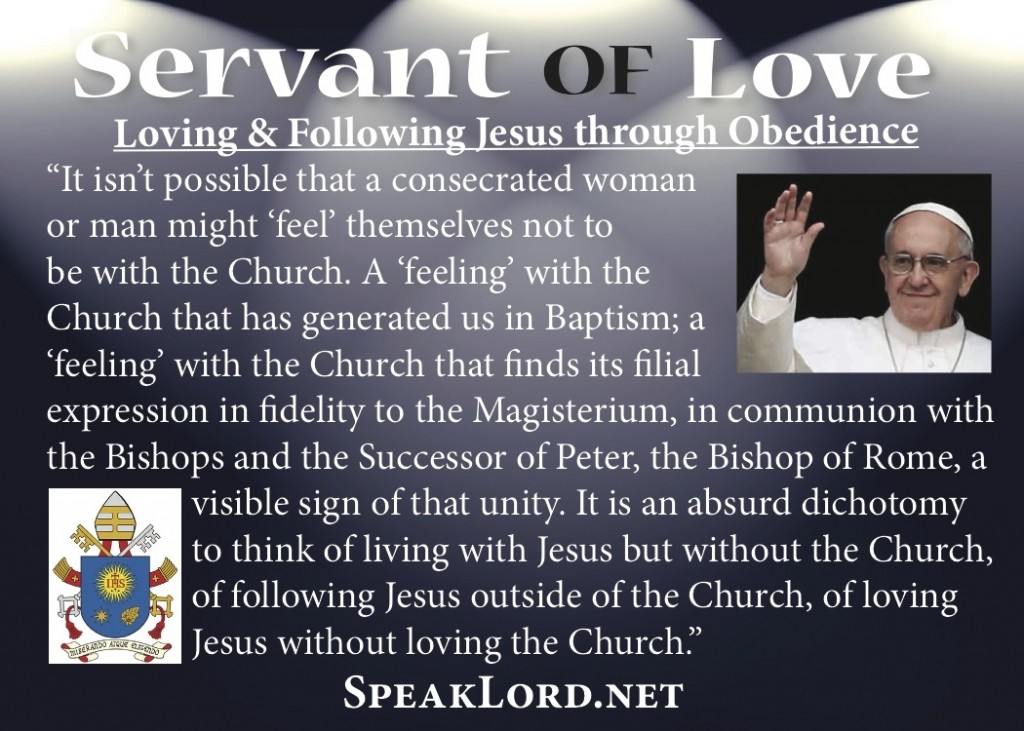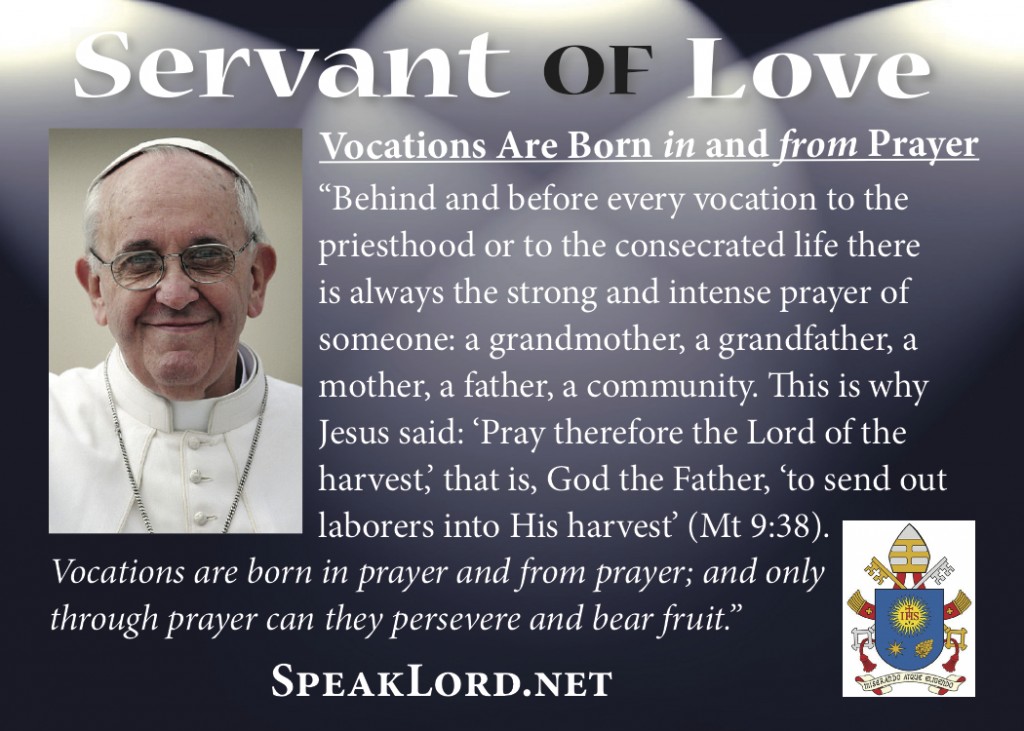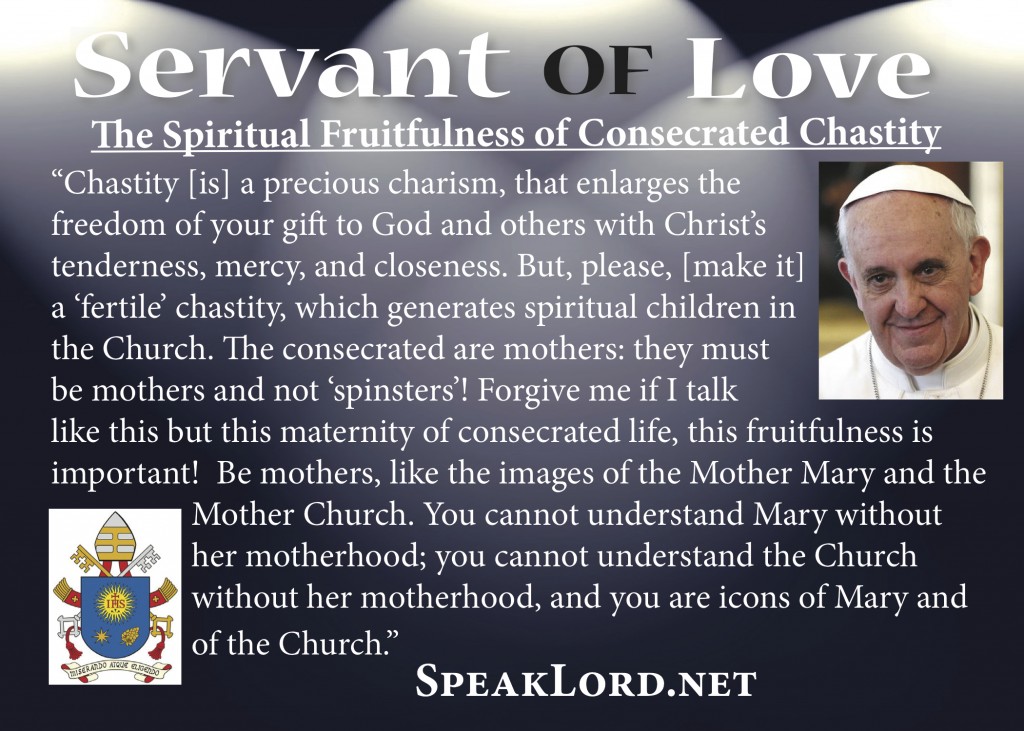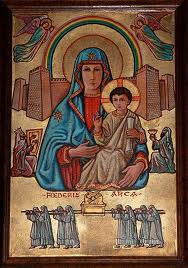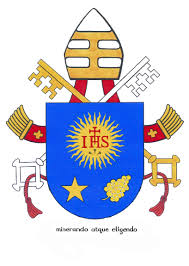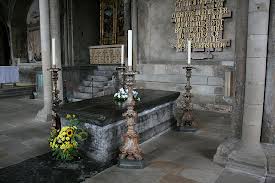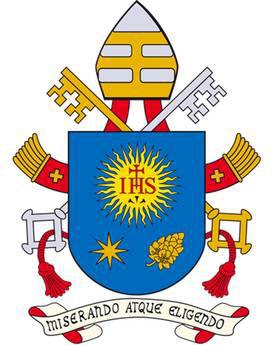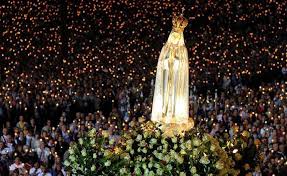 The Feast of Our Lady of Fatima was celebrated this past Monday, May 13th, the 96th anniversary of the commencement of Our Lady’s appearances in Portugal to the three young peasant children: Francisco, Jacinta and Lucia.
The Feast of Our Lady of Fatima was celebrated this past Monday, May 13th, the 96th anniversary of the commencement of Our Lady’s appearances in Portugal to the three young peasant children: Francisco, Jacinta and Lucia.
It was on May 13, 1982, that Pope John Paul II was shot in a failed assassination attempt. His life was saved, he believed, because our Our Lady “guided the bullet’s path,” and saved his life when he was at the threshold of death. The bullet that was extracted from his abdomen now rests in a crown of our Lady in Fatima. Pope Benedict XVI visted the shrine in 2010. He prayed that the years leading up to the “centenary of the apparitions hasten the fulfillment of the prophecy of the triumph of the Immaculate Heart of Mary, to the glory of the Most Holy Trinity.”
On Sunday night, Archbishop Orani João Tempesta of Rio de Janeiro, the city that is hosting World Youth Day, July 23-28, consecrated this important event to Our Lady of Fatima.
On Monday, at the request of Pope Francis, his pontificate was entrusted to the Blessed Mother under her title of Our Lady of Fatima. Cardinal Jose Polycarp, the Patriarch of Lisbon, directed this prayer to Our Lady:
“Grant (Pope Francis) the gift of discernment to know how to identify the paths of renewal for the Church,
grant him the courage to not falter in following the paths suggested by the Holy Spirit,
protect him in the difficult hours of suffering,
so that he may overcome, in charity, the trials that the renewal of the Church will bring him.”
It is remarkable how the recent Popes have placed themselves under the mantle of Our Lady of Fatima. Since her messages to the children have such pertinence for today, here is a reminder of what Our Lady said at Fatima:
Say the Rosary every day, to bring peace to the world and the end of the war.
Sacrifice yourselves for sinners, and say many times, especially when you make some sacrifice: O Jesus, it is for love of You, for the conversion of sinners, and in reparation for the sins committed against the Immaculate Heart of Mary.
Pray, pray very much, and make sacrifices for sinners; for many souls go to hell, because there are none to sacrifice themselves and pray for them.
I am the Lady of the Rosary. Continue always to pray the Rosary every day.
Do not offend the Lord our God any more, because He is already so much offended.
Prayer, penance, reparation, sacrifice. For our salvation and the salvation of the world.
Like this:
Like Loading...
